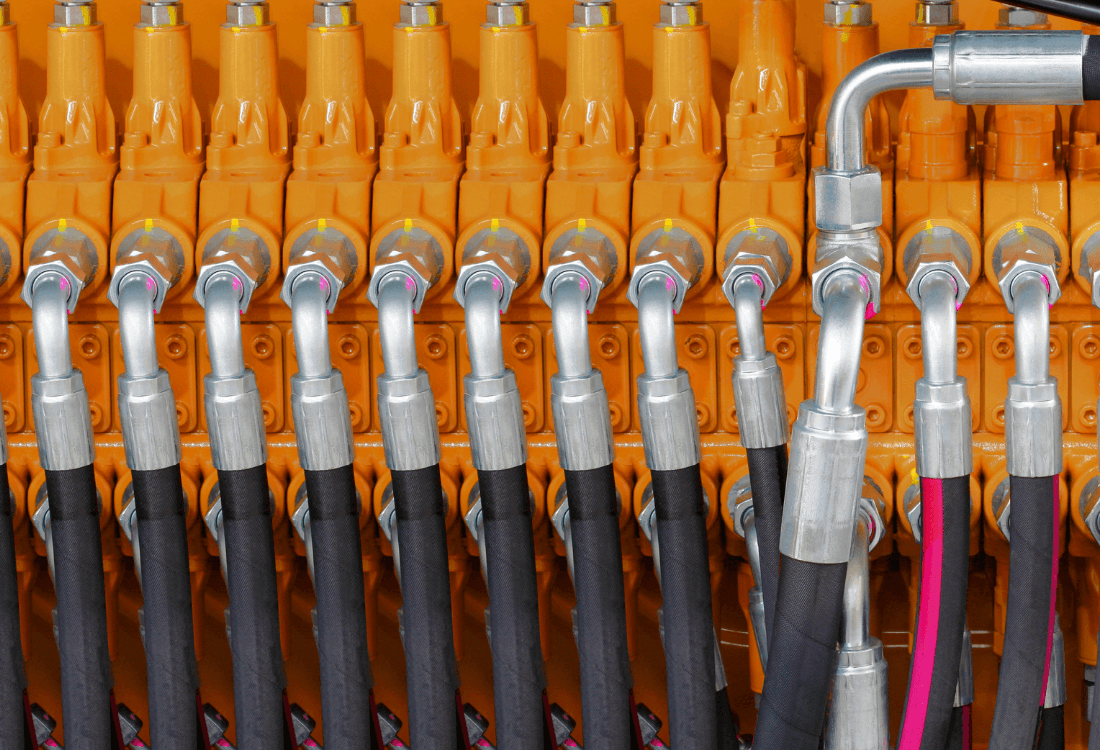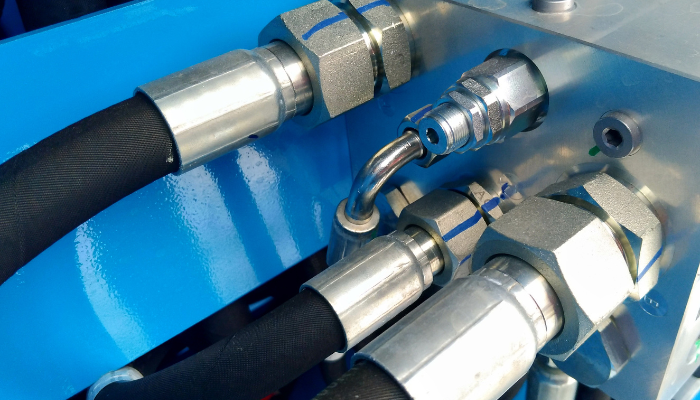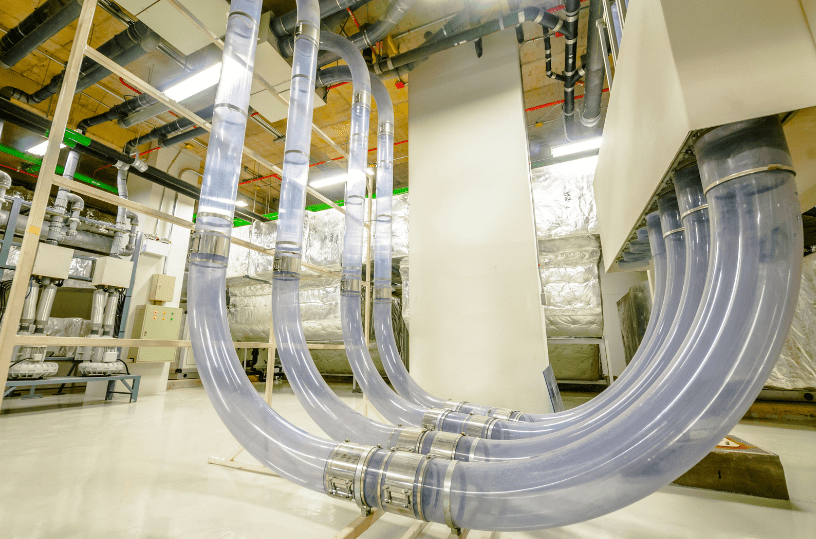
Industry 4.0 is one of the most commonly used (and misused) catchphrases in the manufacturing and industrial sectors today. Originating as the name of a digitalisation initiative sponsored by the German government in 2011, industry 4.0 has subsequently spread internationally as a catchall phrase to describe the convergence of the physical and digital worlds by […]

Opinion is divided among engineers over how effective accumulators are at saving energy in fluid power systems. While accumulators have their advocates, some engineers feel that they waste more energy than they save. In this article, we’ll briefly look at the issues involved and how you can use accumulators effectively.
In many fluid power applications, predictive maintenance is a more accurate way to prevent failures than traditional, preventative maintenance strategies. In this article, we look at the comparative benefits of predictive maintenance vs planned maintenance, and which strategy could work best in your application.

Although the upfront cost of a new fluid power system may seem high, the key question for design engineers is whether the cost will be worth it in the long run. This frequently comes down to balancing upfront investment with the lifetime cost of ownership to calculate the optimum return on investment (ROI) from the […]

At some point in mid-October 2024, the UK is expected to go to the polls for the first general election in five years. And whether Keir Starmer or Rishi Sunak get the keys to Number 10 when the results are announced, one thing is widely expected: the next five years will not see any slowdown […]

Offshore wind-powered renewables are a burgeoning sector in the UK, with large coastal installations now contributing significantly to the national renewable energy stock. Central to the efficiency and functionality of these offshore installations are a range of advanced fluid power systems. These applications play a vital role in optimising the operations and maintenance of offshore […]

In the precision world of manufacturing and engineering, few occurrences hold more of a sting than unexpected downtime. Downtime is often more than merely an inconvenience: for critical fluid power applications, downtime can cause a domino effect that impacts production schedules, overheads, and in serious cases, staff safety.

The shift towards sustainability in all industrial and manufacturing sectors has been inexorable, with the fluid power industry being no exception. As climate change continues to make headlines and natural resources become increasingly scarce, engineers are being challenged to rethink traditional fluid power design approaches and find more environmentally sustainable solutions.
How does a hydraulic system work? What components are used in a hydraulic system? What are the advantages of hydraulic systems? What are the disadvantages of hydraulic systems? Your next steps Hydraulic systems are a type of fluid power system that uses pressurised liquid to transmit force. A highly versatile and powerful tool, they are […]

Pneumatic, pressurised gas systems play a pivotal role in numerous medical and healthcare applications, due to their hygiene rating, speed, and reliability, as well as their capacity to deliver high power output within a compact design.








